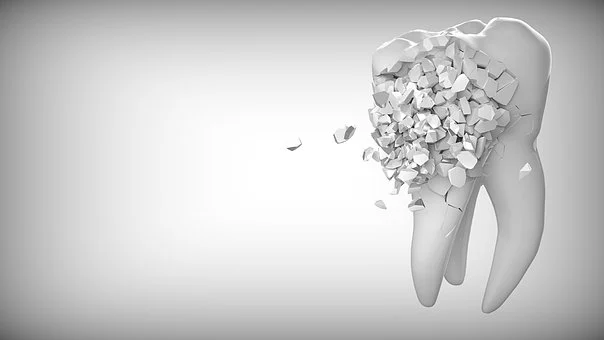What is Epigenetics?
Epigenetics is a field of research that examines how #genes are expressed or turned off without changing the underlying #dna sequence.
Origin
The Greek prefix epi- (ἐπι- “over, outside of, around”) in epigenetics implies features that are “on top of” or “in addition to” the traditional #genetic basis for inheritance (Source: Wikipedia)
Molecular Basis
“Epigenetic changes modify the activation of certain genes, but not the genetic code sequence of DNA. The microstructure (not code) of DNA itself or the associated #chromatin proteins may be modified, causing activation or silencing. This mechanism enables differentiated cells in a multicellular organism to express only the genes that are necessary for their own activity. Epigenetic changes are preserved when cells divide” – Chandler VL (February 2007)
Most epigenetic changes only occur within the course of one individual organism’s lifetime
Types of epigenetic changes

In #dental research and practice, epigenetics is an important area.
The top 5 points on epigenetics in dental research and practice are:
1-Epigenetic changes in #periodontitis
Periodontitis is a chronic inflammatory disease that affects the gums and bone supporting the teeth. Research has shown that epigenetic modifications in genes involved in the immune response may increase the risk of developing periodontitis. These changes can also influence the severity of the disease.
2-Epigenetics and dental #caries
Dental caries is a bacterial infection. Epigenetic modifications can affect the gene expression in tooth development and the #immuneresponse to bacterial infections. Changes in these genes can increase the risk of developing dental caries.
3-Epigenetics and oral cancer
Epigenetic changes can play a role in the development and progression of oral cancer. Abnormal #DNA methylation, a type of epigenetic modification, can lead to the inactivation of tumour suppressor genes and the activation of oncogenes. It can be the cause of the development of #cancer.

4-Epigenetic therapies for oral diseases
DNA methyltransferase inhibitors and histone deacetylase inhibitors are new potential treatments for oral diseases. These epigenetic therapies can modify epigenetic marks and alter the expression of genes in the disease processes.
5-Epigenetic modifications and environmental factors
Environmental factors, like diet and smoking, can lead to epigenetic modifications that increase the risk of developing #oral diseases. For example, #smoking can lead to changes in DNA methylation patterns that increase the risk of developing oral cancer.
In conclusion, understanding the epigenetic modifications to oral diseases can help researchers develop new therapies and preventive measures.
Dental professionals can provide more targeted and effective treatments for their patients by understanding how epigenetic modifications affect #geneexpression in oral tissues.



